
Clogged Arteries Mean Poor Blood Circulation and Risks of Heart Attacks. Here is How You Can Clean Your Arteries from Plaque
Clogged arteries are a major health concern that affects millions of people worldwide. When arteries become narrowed or blocked by plaque—a sticky substance made of fat, cholesterol, and other materials—it impairs blood circulation and increases the risk of heart attacks, strokes, and other cardiovascular diseases. Understanding the dangers of clogged arteries and learning how to clean them naturally is essential for maintaining heart health and overall well-being.
What Are Clogged Arteries?
Arteries are blood vessels responsible for carrying oxygen-rich blood from the heart to the rest of the body. Healthy arteries are flexible and smooth, allowing blood to flow freely. However, when plaque builds up along the artery walls—a condition known as atherosclerosis—the arteries narrow and harden. This narrowing limits blood flow, depriving organs and tissues of oxygen and nutrients they need to function properly.
Over time, plaque can rupture and form a blood clot, which can completely block the artery and cause a heart attack or stroke. Because clogged arteries often develop gradually without noticeable symptoms, many people remain unaware of the problem until a serious event occurs.:max_bytes(150000):strip_icc()/plaque-56d3ae833df78cfb37d43964.jpg)
Symptoms and Risks
Poor blood circulation caused by clogged arteries can lead to various symptoms such as chest pain (angina), shortness of breath, fatigue, and leg pain during walking. If left untreated, it significantly increases the risk of heart attacks, strokes, and peripheral artery disease.
How to Clean Your Arteries Naturally
While medical treatments such as medications and surgeries are available to manage clogged arteries, many natural approaches can help prevent plaque buildup and even improve artery health. Here are some effective natural ways to clean your arteries from plaque:
-
Adopt a Heart-Healthy Diet
One of the most important steps is to follow a diet rich in fruits, vegetables, whole grains, nuts, and healthy fats. Foods high in omega-3 fatty acids, such as salmon, flaxseeds, and walnuts, help reduce inflammation and lower bad cholesterol (LDL). Avoiding trans fats, excessive saturated fats, and processed sugars can prevent further plaque accumulation.
-
Exercise Regularly
Physical activity improves blood circulation, strengthens the heart muscle, and helps maintain a healthy weight. Aim for at least 30 minutes of moderate exercise like brisk walking, cycling, or swimming most days of the week.
-
Manage Stress
Chronic stress contributes to artery damage by raising blood pressure and promoting inflammation. Practices like meditation, yoga, deep breathing, and spending time in nature can help reduce stress and improve cardiovascular health.
-
Quit Smoking
Smoking is one of the leading causes of artery damage and plaque buildup. Quitting smoking improves blood vessel function and significantly lowers the risk of heart disease.
-
Control Blood Pressure and Cholesterol
High blood pressure and high cholesterol levels accelerate the process of atherosclerosis. Regular check-ups with your healthcare provider and appropriate management through lifestyle changes or medication are crucial.
-
Include Garlic and Turmeric in Your Diet
Garlic has been shown to reduce cholesterol levels and prevent plaque formation. Turmeric contains curcumin, a compound with powerful anti-inflammatory and antioxidant properties that can protect arteries from damage.
-
Maintain a Healthy Weight
Excess weight puts extra strain on your heart and blood vessels. Losing weight through a balanced diet and regular exercise can reduce plaque buildup and improve circulation.
When to See a Doctor
If you experience symptoms such as severe chest pain, dizziness, shortness of breath, or sudden weakness, seek medical attention immediately. Early diagnosis and treatment of clogged arteries can prevent serious complications.
Conclusion
Clogged arteries pose a serious threat to your health by causing poor blood circulation and increasing the risk of heart attacks. However, by adopting a heart-healthy lifestyle that includes a nutritious diet, regular exercise, stress management, and avoiding harmful habits like smoking, you can clean your arteries naturally and protect your cardiovascular system. Remember, prevention is always better than cure, and taking care of your arteries today can lead to a longer, healthier life tomorrow.
News in the same category


Heart surgeon shares four daily habits to avoid for better health
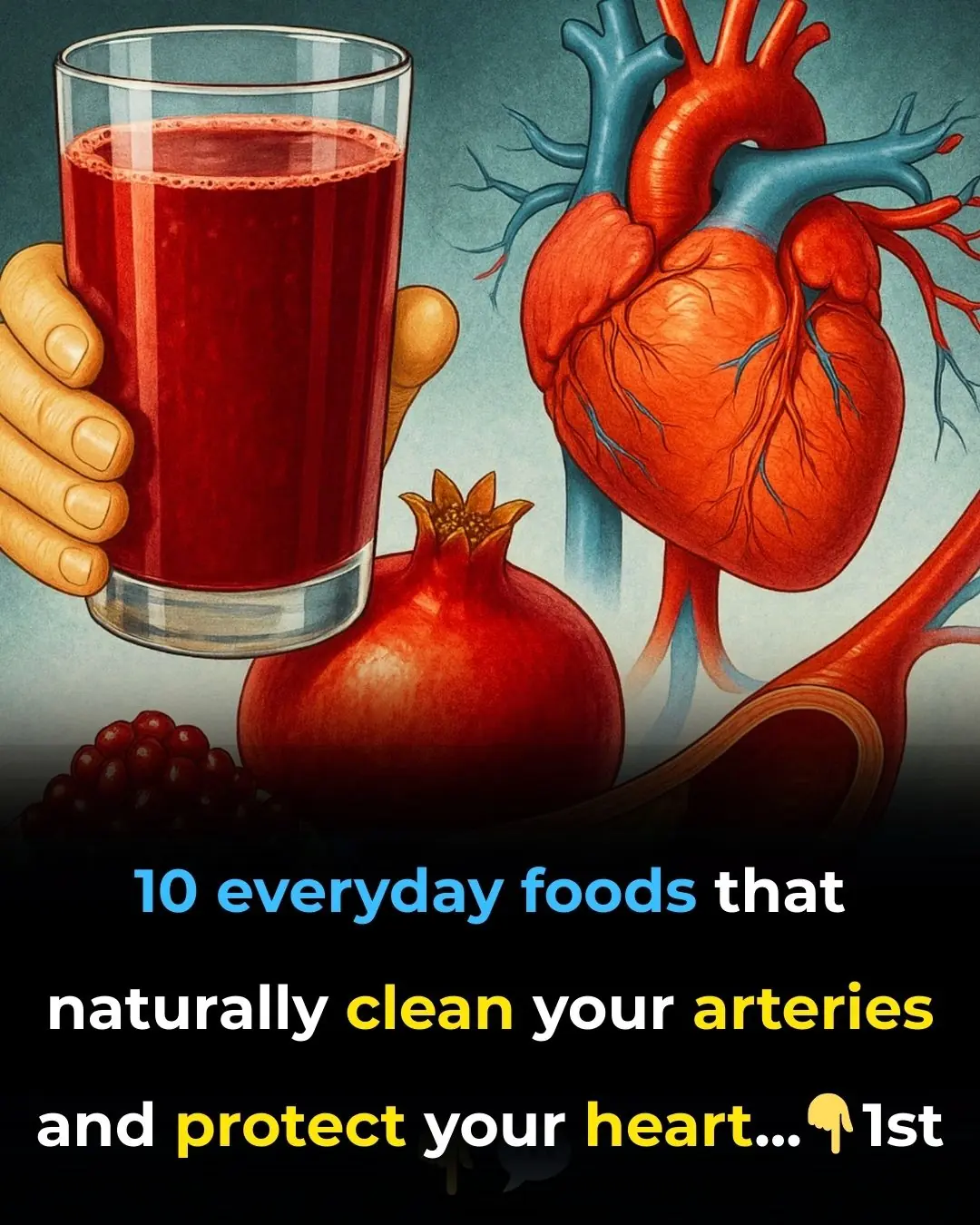
Top 10 foods that unclog arteries naturally and prevent heart attack

10 Warning Signs You’re Eating Too Much Sugar – Many People Ignore #5
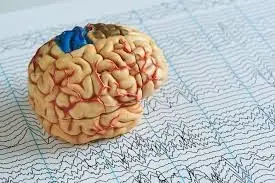
Scientists Have Discovered Hidden Brain Patterns That May Predict Your Intelligence
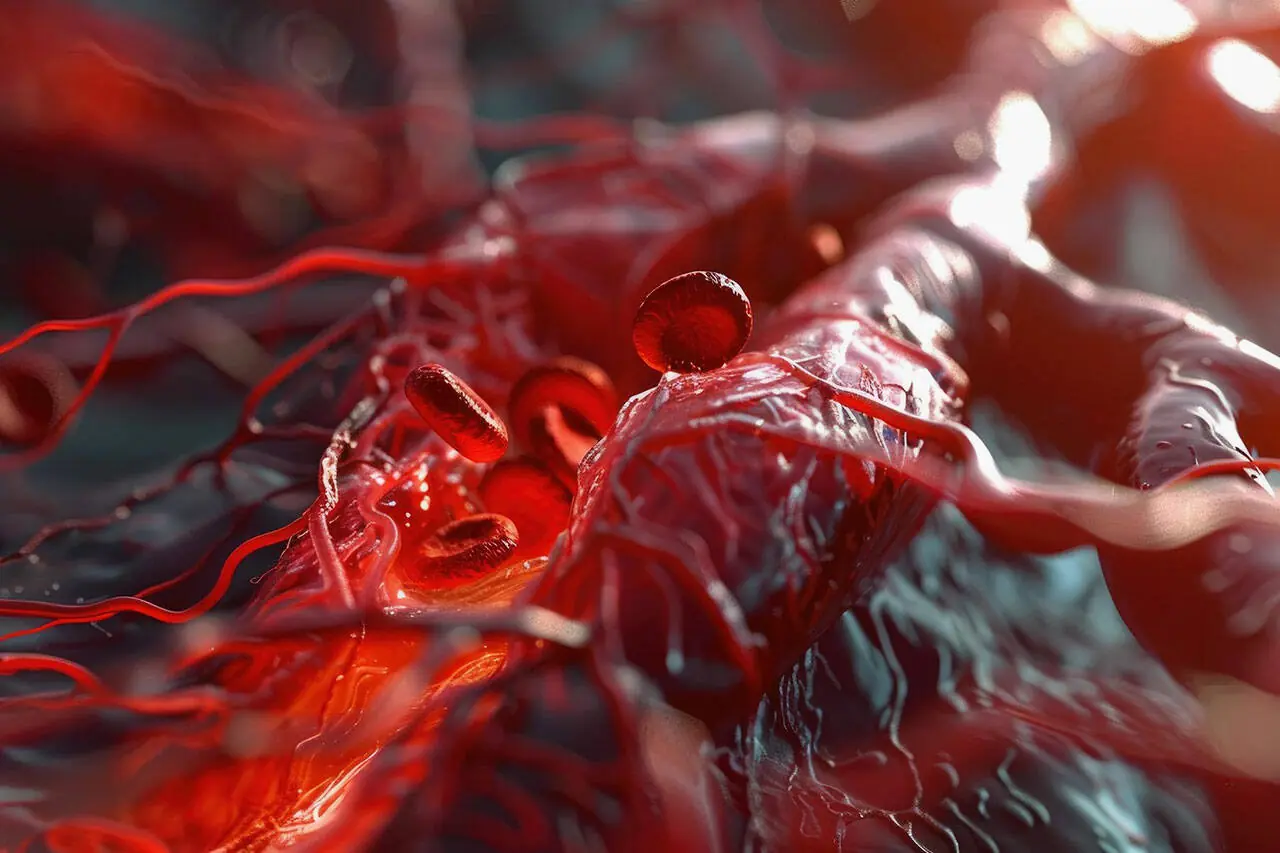
One Vitamin That Could Transform Your Circulation

Why Cold Showers on Hot Summer Nights May Keep You Awake

Lesser-Known Menopause Symptoms

Signs Your Cortisol Is Dangerously High

He Never Drank Alcohol but Died of Liver Failure: Doctors Reveal 4 Common Foods That Quietly Destroy the Liver
A man who stayed away from alcohol his entire life shocked his family when he was diagnosed with liver failure and passed away at just 55 years old. Doctors warn that alcohol is not the only enemy of the liver—certain everyday foods can be just as destr
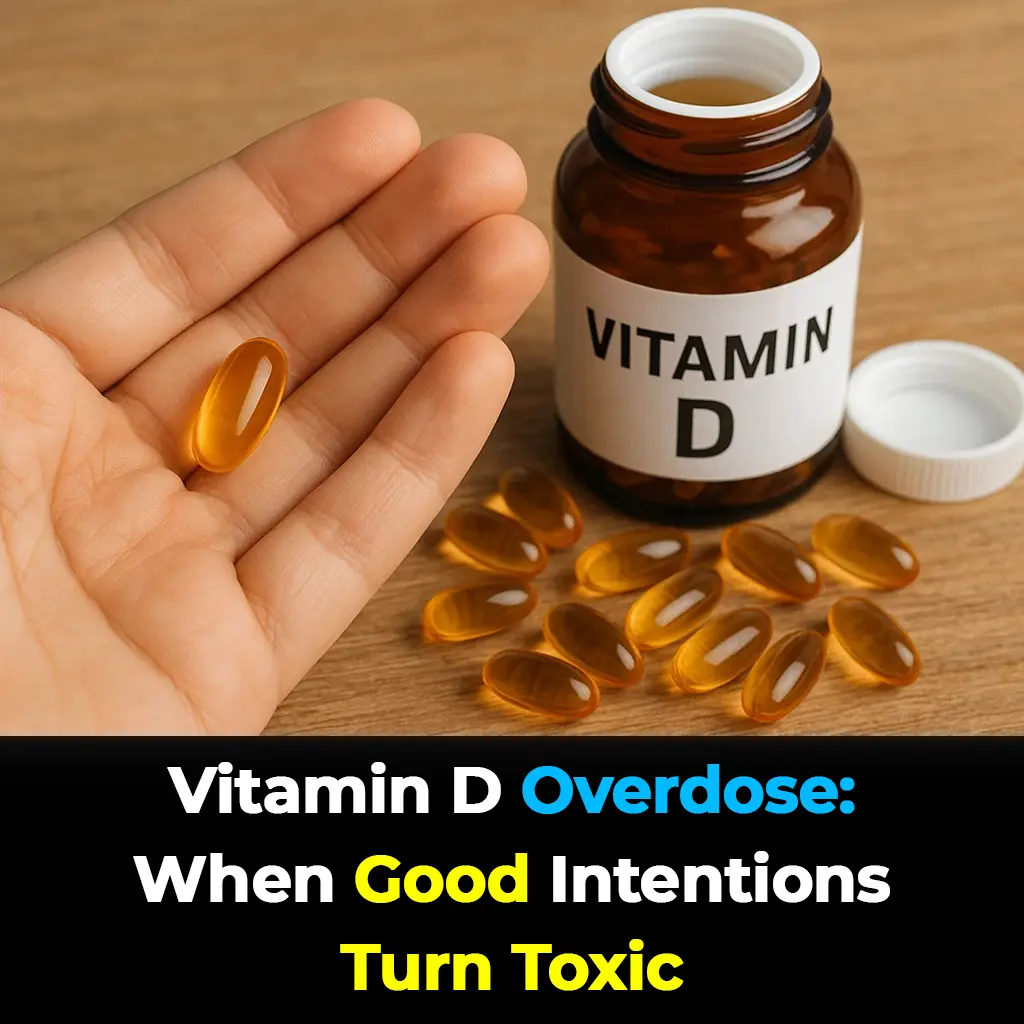
Vitamin D Overdose: When Good Intentions Turn Toxic
Vitamin D is often celebrated as the “sunshine vitamin,” vital for bone strength, immune health, and even protection against certain chronic diseases. But while moderate amounts are essential, excessive or unsupervised intake can be toxic—and in som

6 Types of Pain You Shouldn’t Ignore
Occasional mild discomfort may not require urgent care, but sudden, unexplained, or severe pain always deserves medical attention.

Scrolling on the Toilet? Experts Warn It Could Trigger Painful Hemorrhoids
For many, the bathroom has become more than a necessity—it’s a private escape, a brief pause in the day, and for some, even a mini reading lounge. But researchers warn that lingering too long with your smartphone on the toilet may quietly be raising y

Stroke Rates Soar Among US Adults: Experts Warn of Alarming Trend
The burden of stroke in the United States has climbed sharply over the past three decades, with millions now living with its long-term effects. While medical progress has reduced mortality rates, the overall number of cases continues to rise—especially

Beetroot Juice’s Nitrate Effect: A Natural Way to Support Heart Health
Beetroot juice isn’t just a vibrant superfood—it may hold the key to naturally lowering blood pressure, especially for older adults. A new study shows how the nitrates in this root vegetable can transform cardiovascular health and reshape the body’s
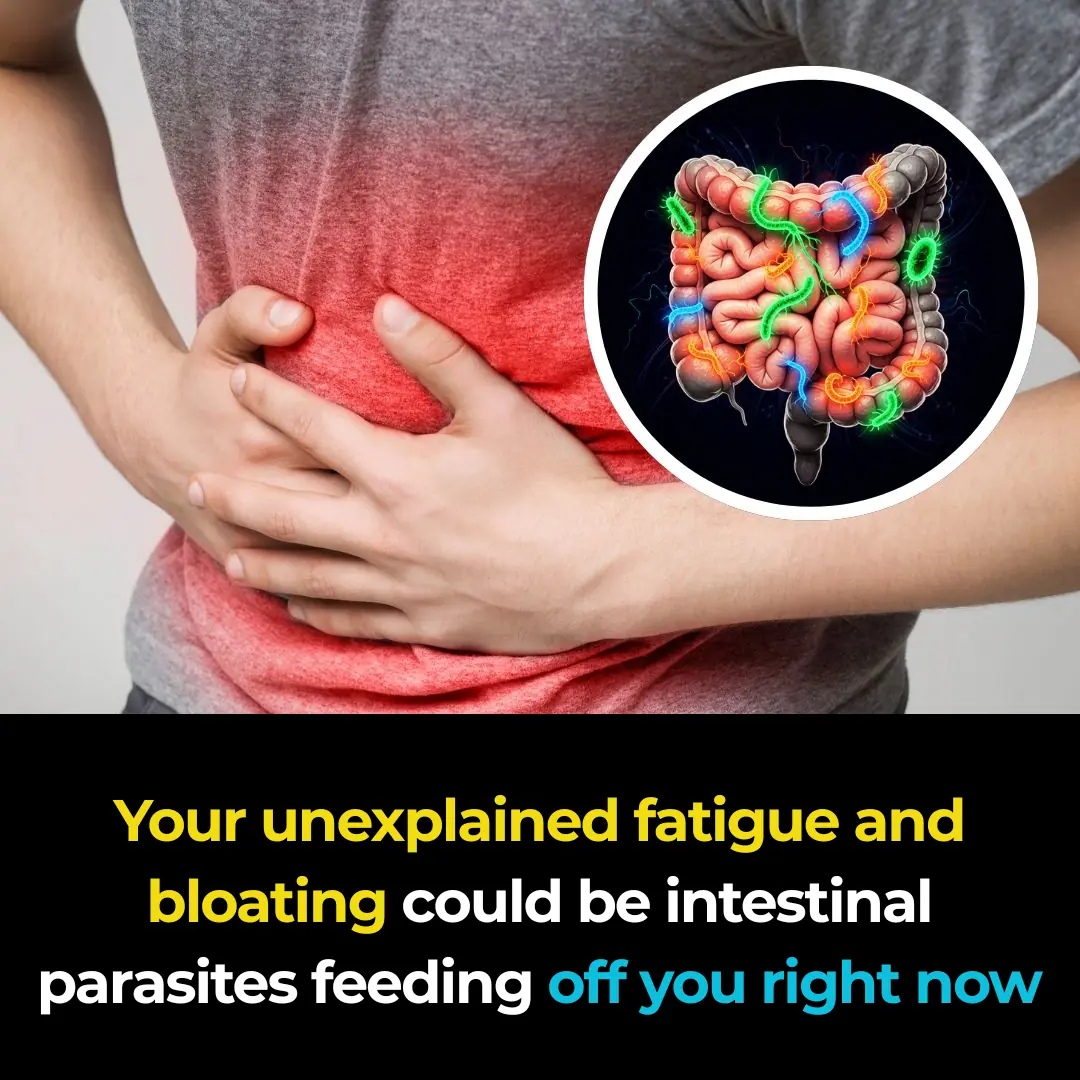
Your unexplained fatigue and bloating could be intestinal parasites feeding off you right now
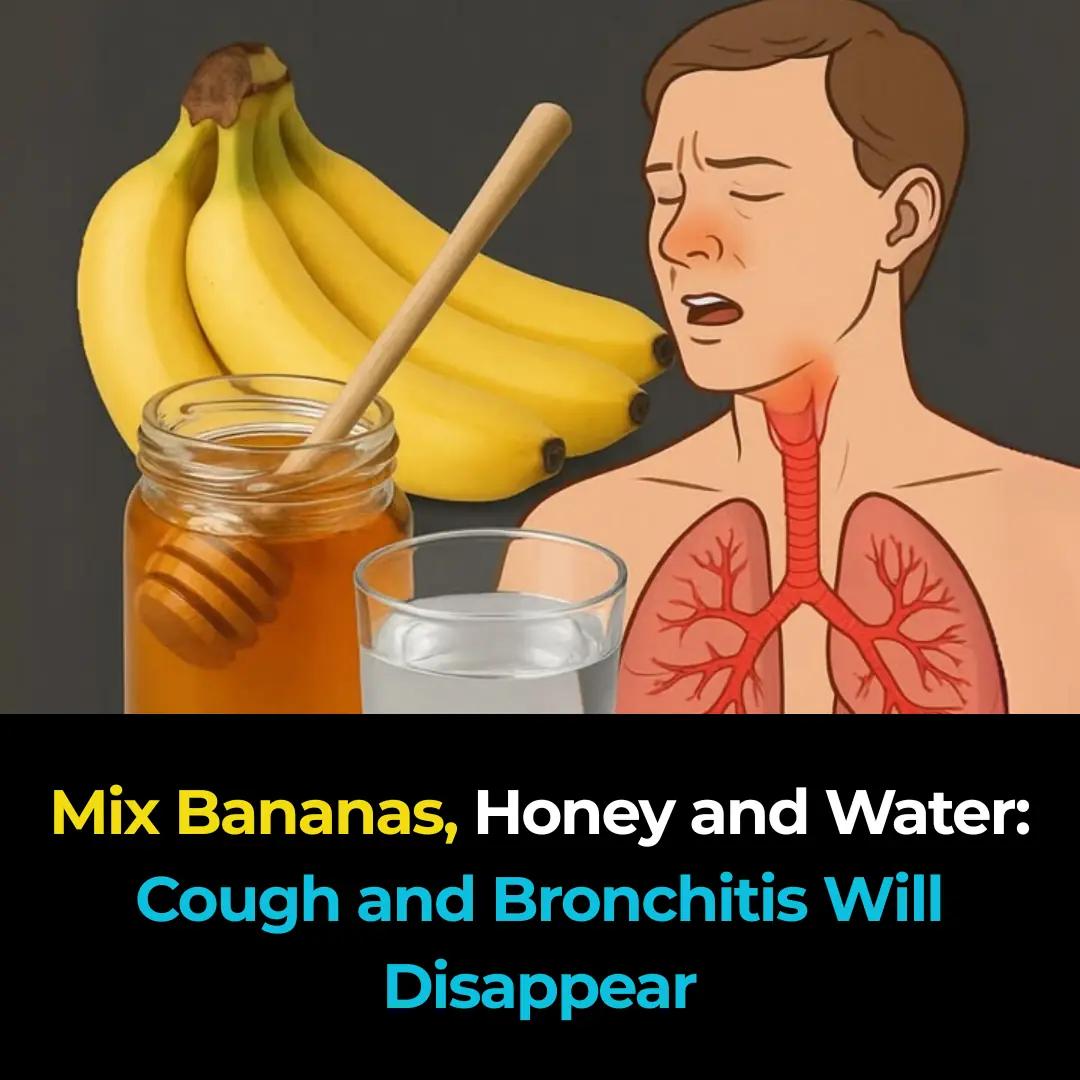
Mix Bananas, Honey and Water: Cough and Bronchitis Will Disappear
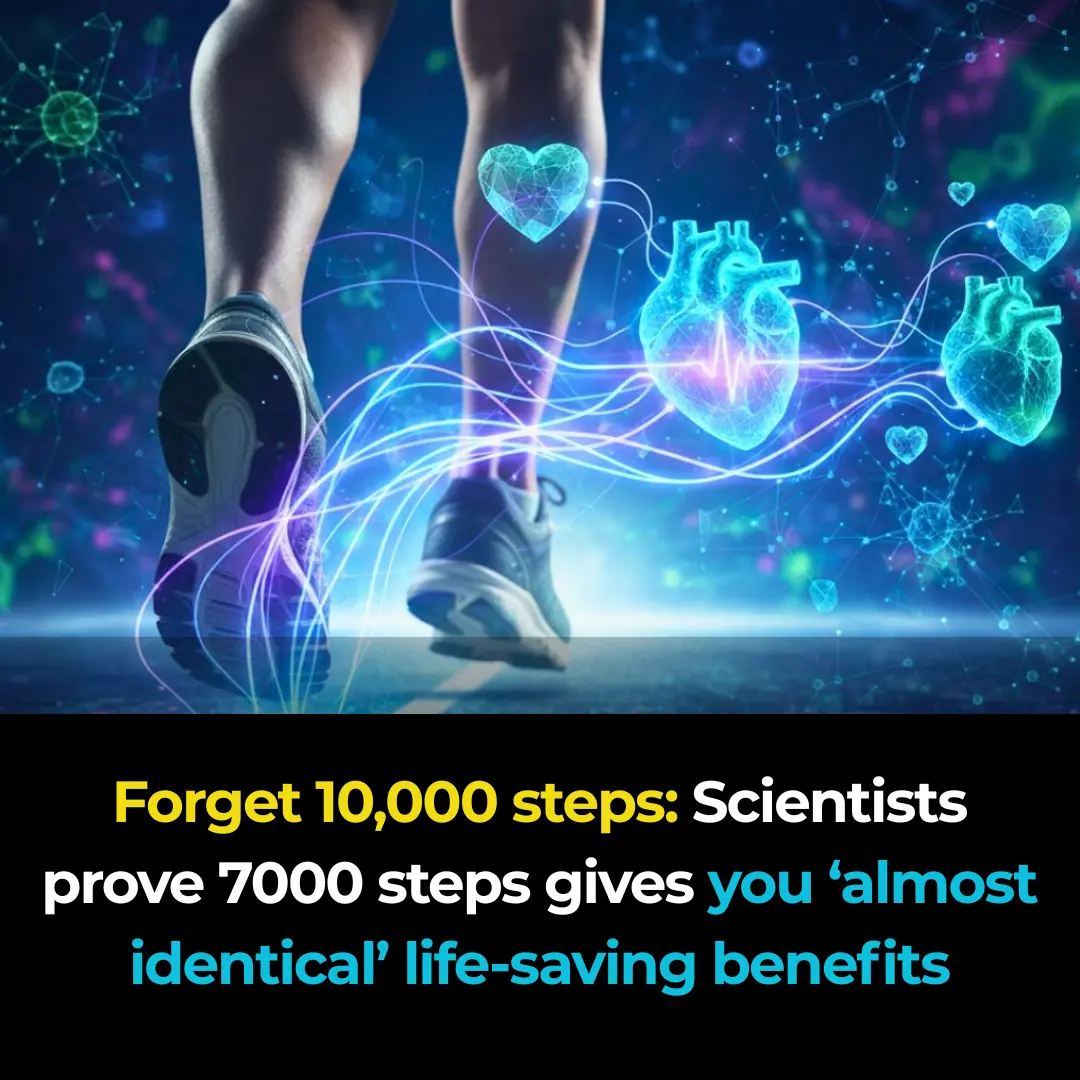
Forget 10,000 steps: Scientists prove 7000 steps gives you ‘almost identical’ life-saving benefits
News Post
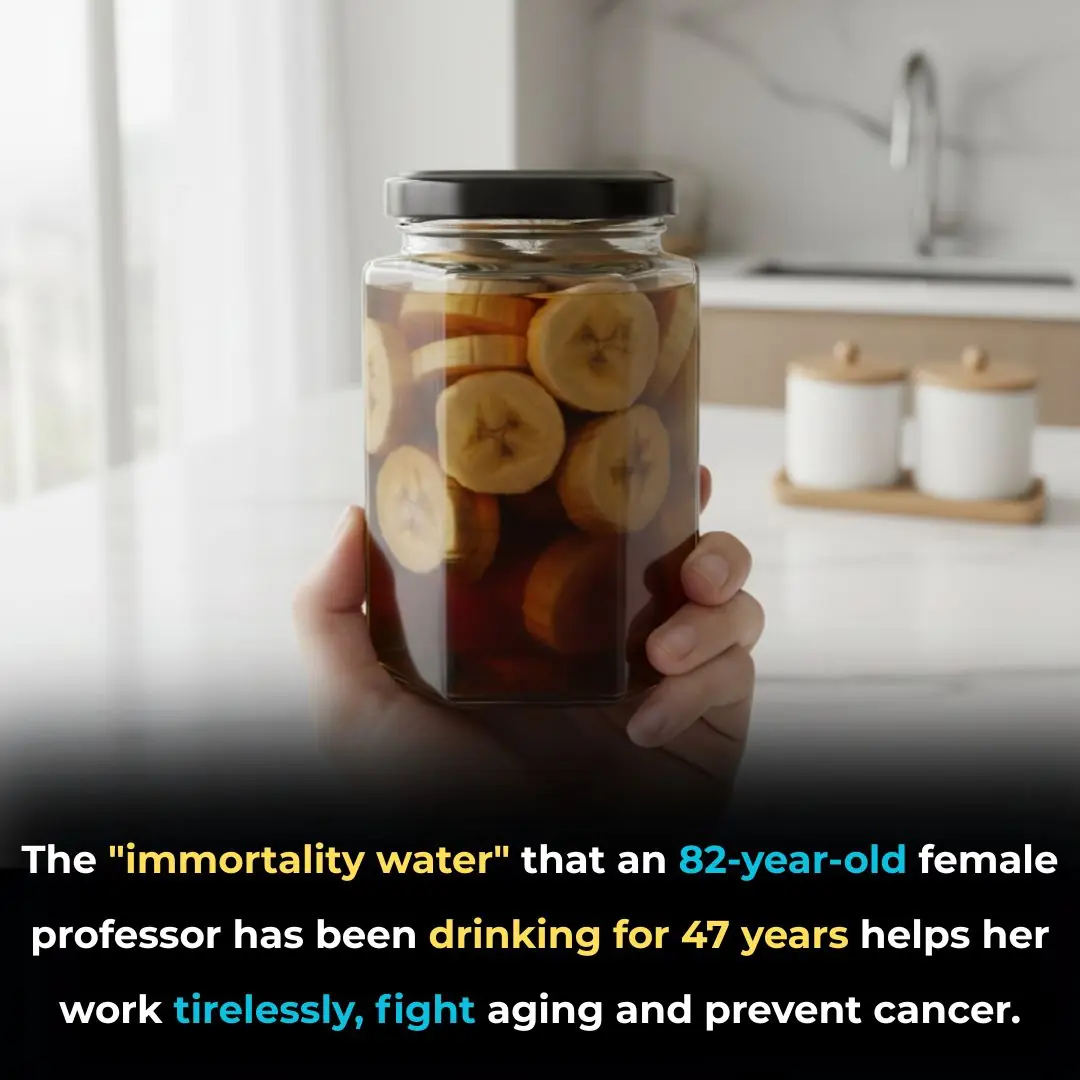
What is Black Vinegar? Nutritional Value and Benefits of Black Vinegar
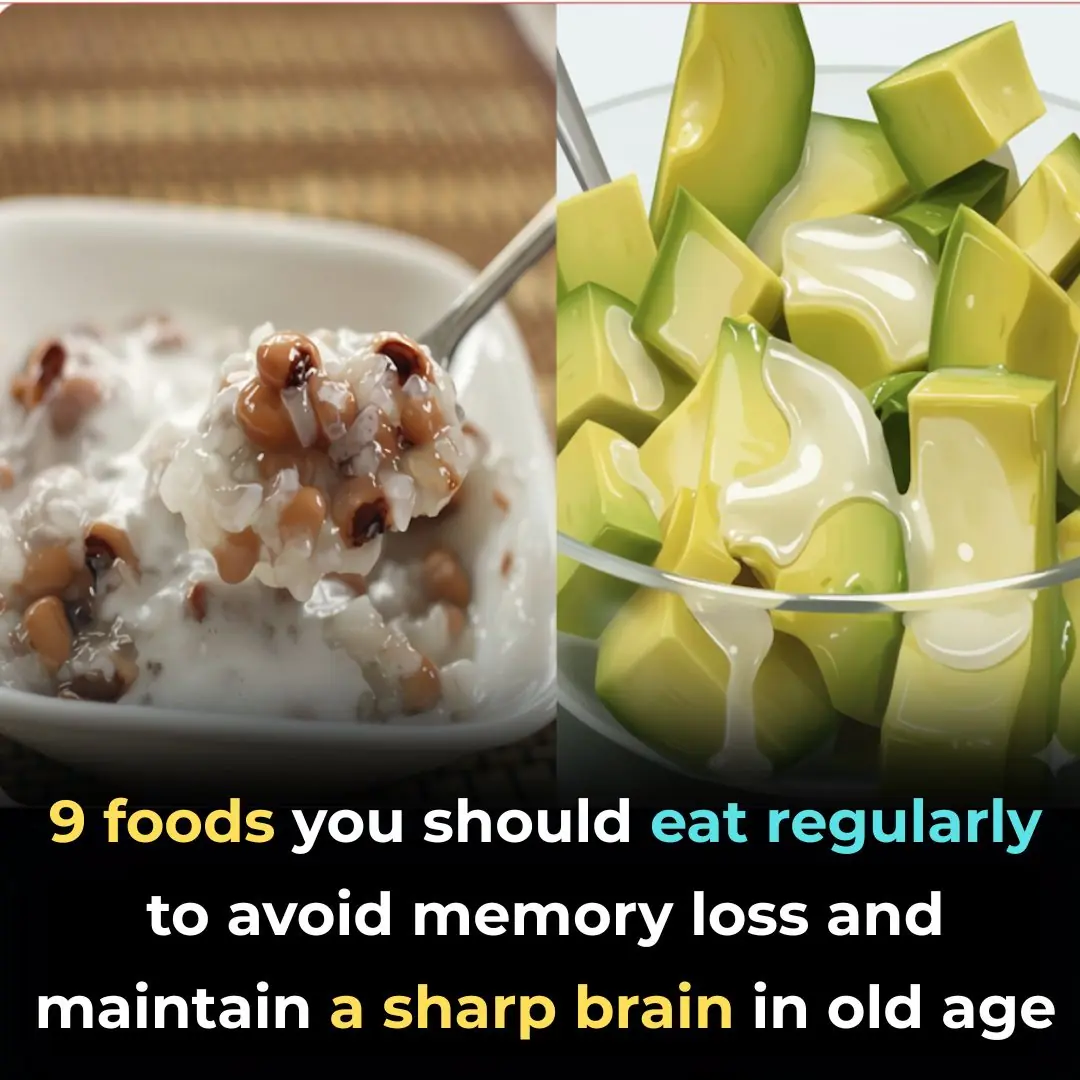
9 Foods You Should Eat Regularly to Prevent Memory Loss and Keep Your Brain Sharp as You Age

Is Your Kitchen Sink Often Clogged? Pour This In for Smooth Flow Without Calling a Plumber
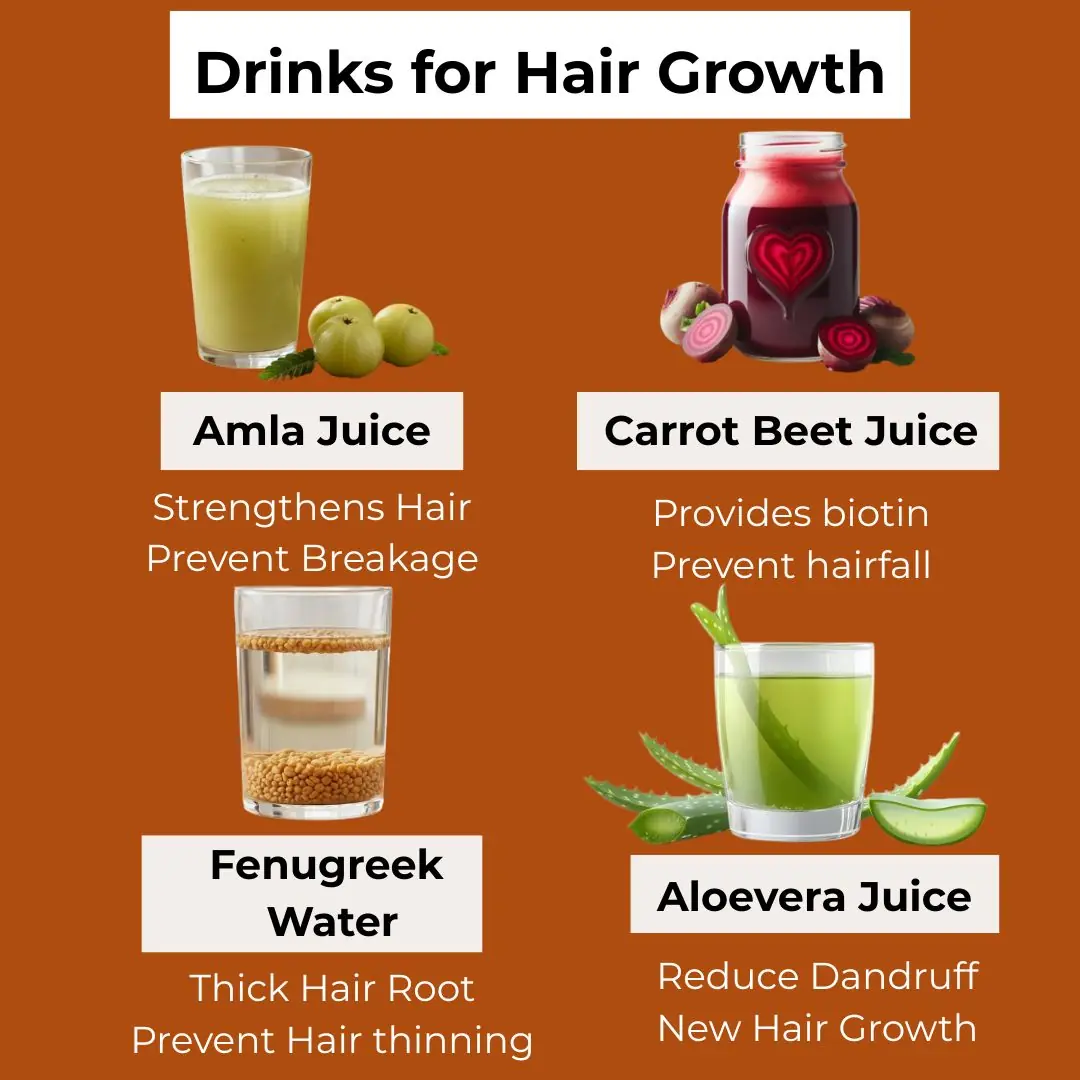
Hair Growth Juice – Amla Juice & Curry Leaves for Hair

Girl, 5, died days after being misdiagnosed with a cold

Heart surgeon shares four daily habits to avoid for better health

Top 10 foods that unclog arteries naturally and prevent heart attack
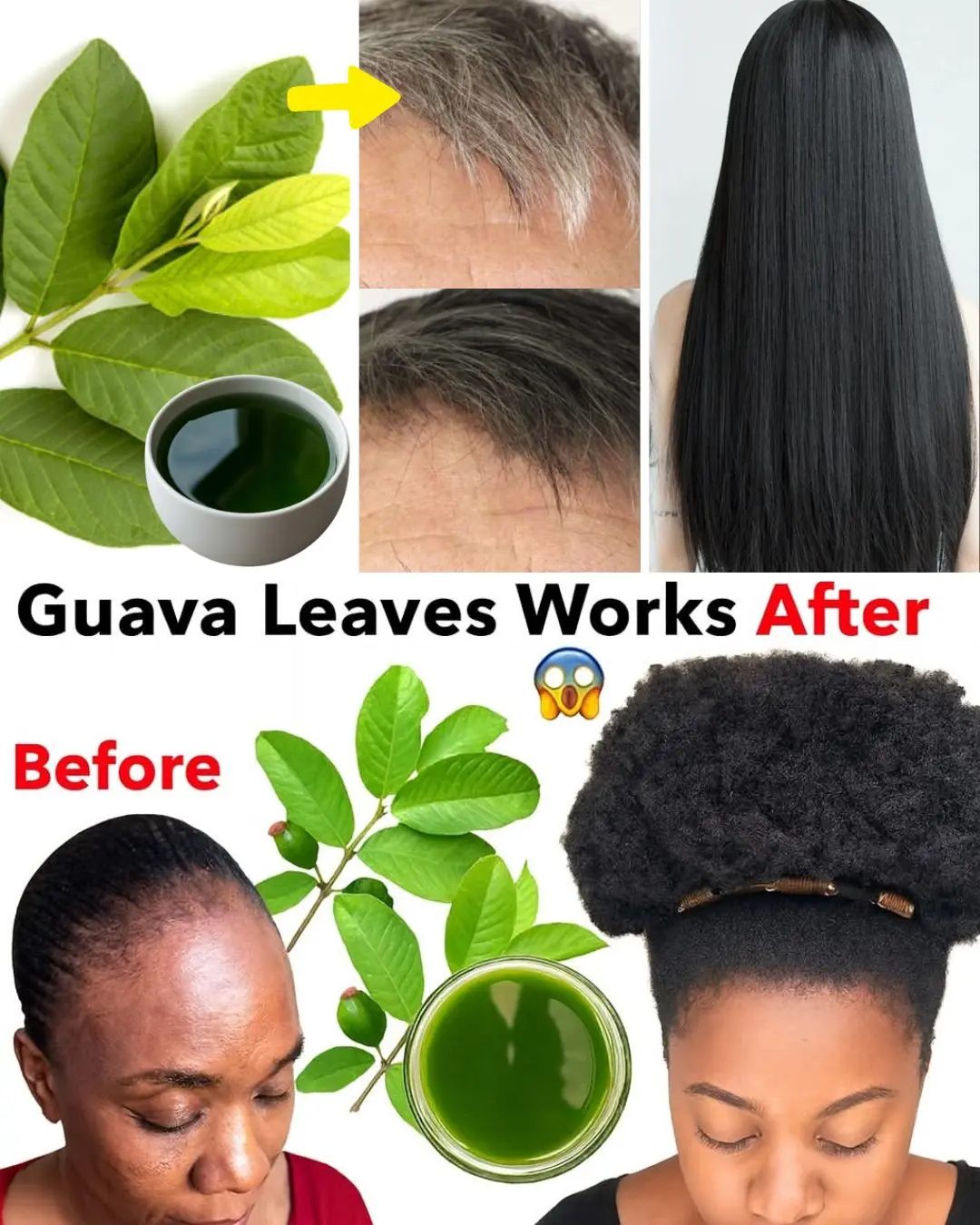
Can Guava Leaves Transform Your Hair Overnight?

Tips for self-defense when encountering ferocious or loose dogs.

10 Warning Signs You’re Eating Too Much Sugar – Many People Ignore #5

Go to the market and see that pork has these 4 characteristics

Get Rid of Throat Mucus Faster With These Simple Natural Treatments That Work

Scientists Have Discovered Hidden Brain Patterns That May Predict Your Intelligence
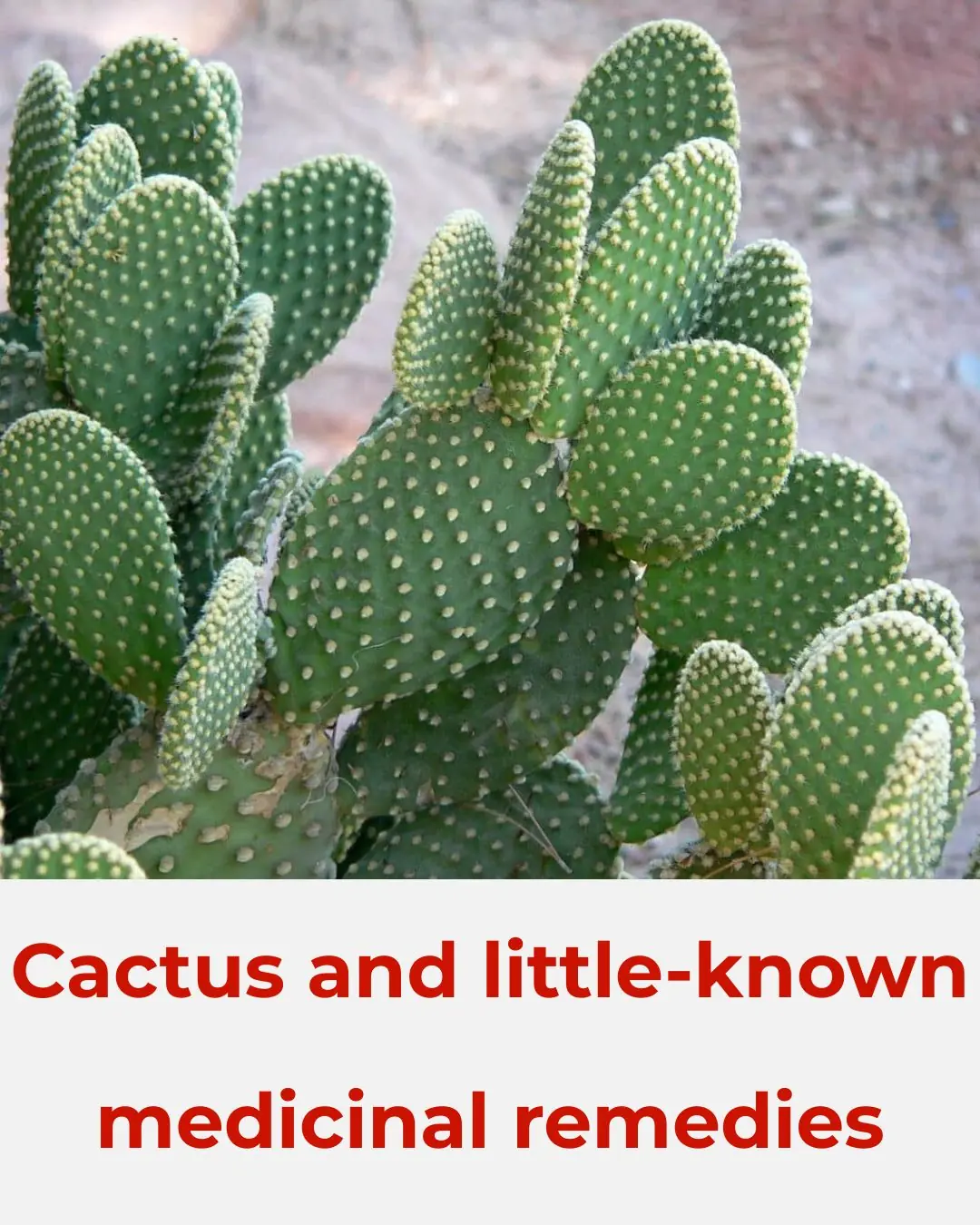
Cactus and little-known medicinal remedies

Put an empty plastic bottle in the washing machine, I admit the person who came up with this trick has a "top notch" IQ

MAHA Chief Medical Advisor Dr. Aseem Malhotra Just Declared That No One Should Have Ever Taken the COVID mRNA Vaccines.
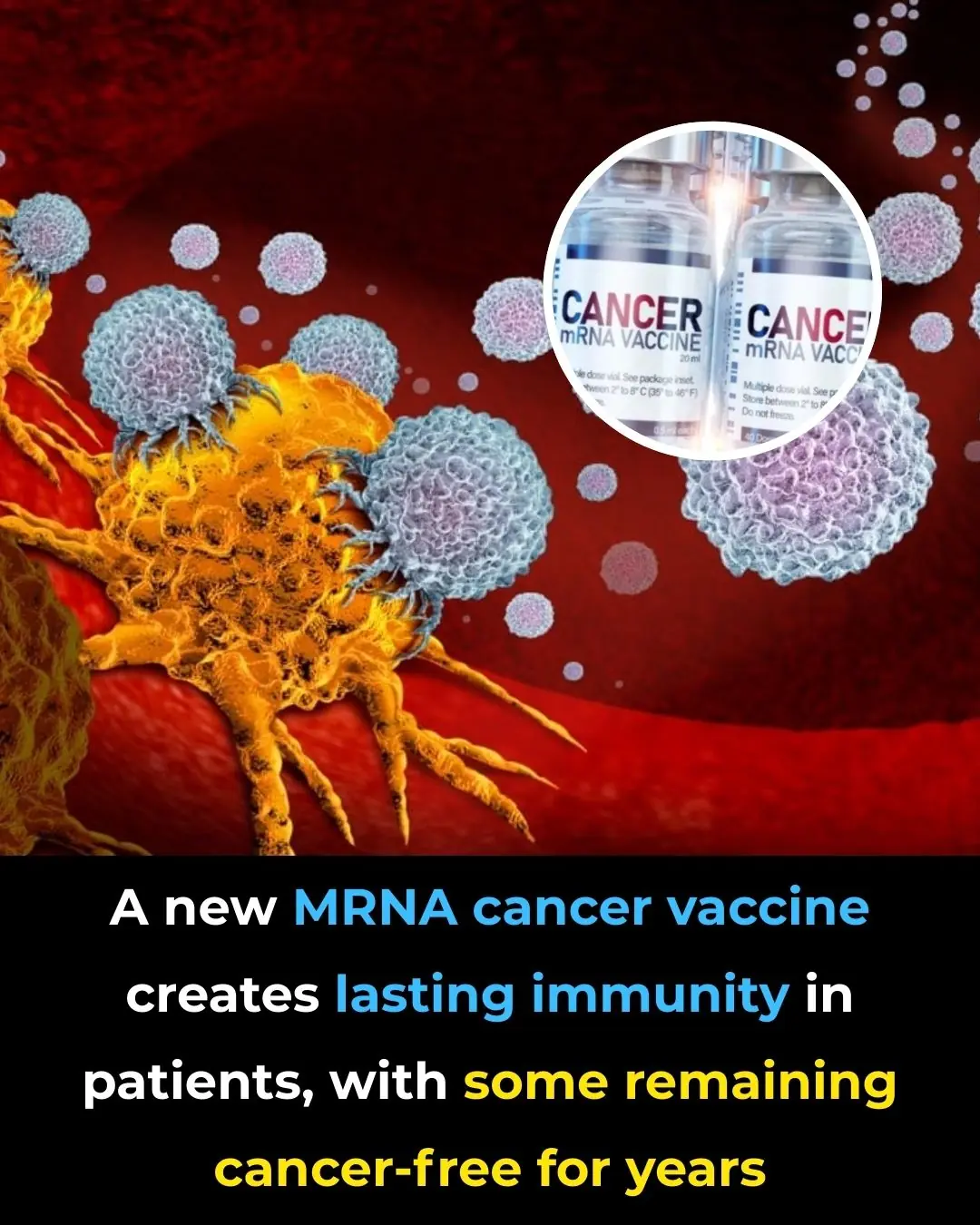
New mRNA Shot Turns Immune Cells Into Cancer-Killers Directly Inside the Body, Study Finds

One Vitamin That Could Transform Your Circulation
